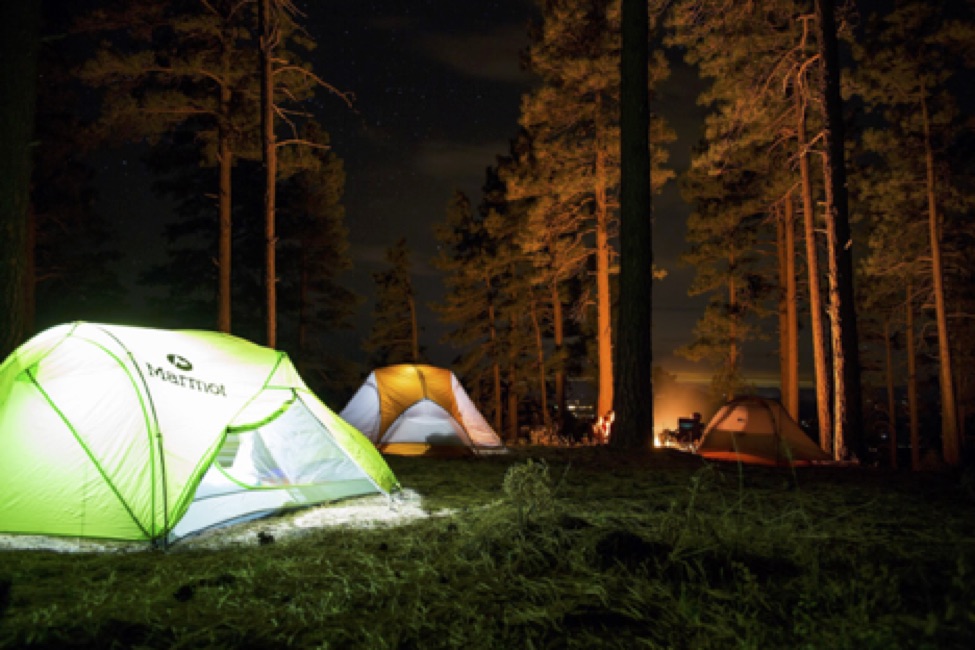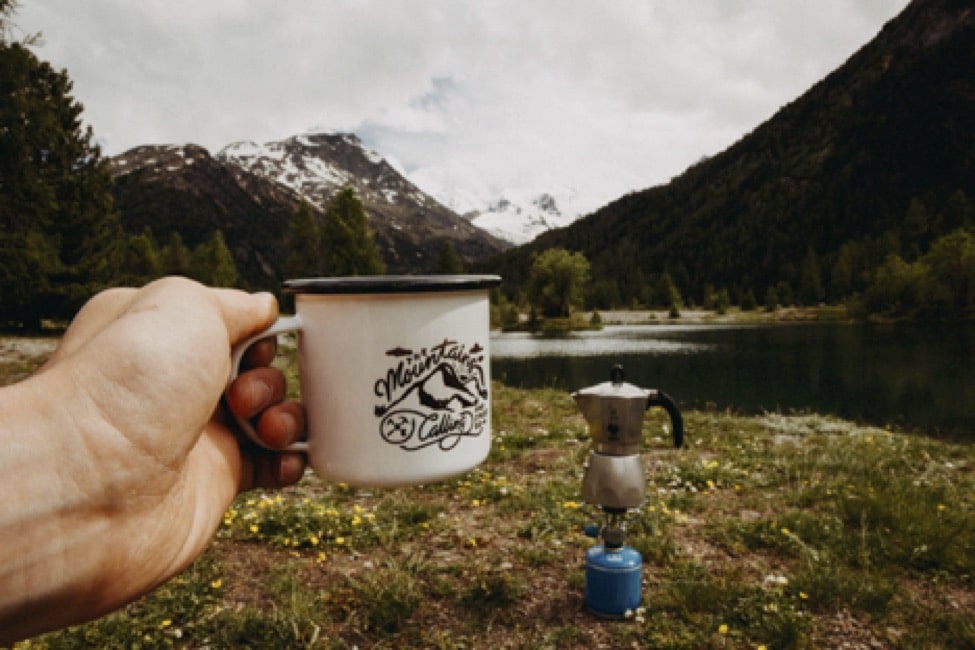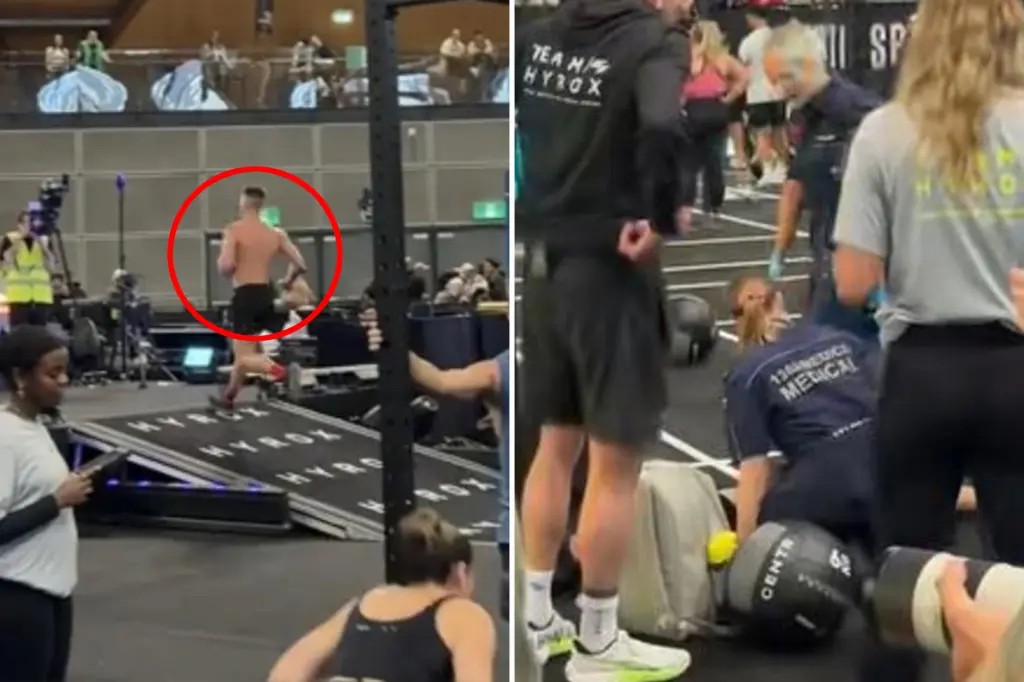Here’s inside info on roughing it in (relative) comfort
If you drive a sedan, it’s unlikely that you will venture far off the beaten path to go camping. You need something with better ground clearance – an SUV like a Volvo XC90 or at least a crossover like a Toyota RAV4 – for rough roads. This is why many people nowadays abandon sedans and minivans in favor of SUVs. SUVs used to have terrible fuel economy and the poor gas mileage eliminated them from many people’s shopping lists. However, this has been improving over the years and modern SUVs often have hybrid assistance and can offer quite reasonable miles per gallon, despite a large engine and plenty of performance.
Featured Image VIA
Keeping with our RAV4 and XC90 examples, there are, of course, an entire range of Toyota and Volvo car models to choose from, not just SUVs. But there are certain advantages to going for a crossover or SUV with better ground clearance, especially if you’re the outdoorsy type:
- It’s easier to traverse rough roads without damaging your car
- It’s easier to get into and out of a higher-riding vehicle than a low-slung one
- The car’s height gives you a better view of the road and traffic
- You can usually choose between 2WD and AWD drivetrains
- The increased size means better interior space than a sedan
- More cargo capacity for carrying along your supplies
So You’ve Got That SUV – Let’s Go Camping!
Your first time camping does not have to be trial and error. Here are a few things for beginner campers to keep in mind to arrive better prepared and enjoy your adventure:
- The right car. As we’ve mentioned, be sure that your car is right for the job and can drive on the roads you will have to traverse. You can even rent an SUV to see how things go the first time. Don’t risk your low-riding sedan on bad roads.
- The tent. Get a proper, weatherproof multi-season tent and practice pitching it beforehand.
- There is a long list of things to remember, such as the tent, sleeping bags, bedding, camping chairs and tables, toilet paper, biodegradable soap, and light sources (with spare batteries).
- Borrow at first, don’t buy. Just like you can rent an SUV, borrow some of the camping gear for the first few trips to see what works for and what doesn’t. It will give you useful insight when the time comes to spend your own money on gear.
- Plan all your meals ahead and work out meal plans for every meal and person. Rather bring too much food than too little!
- Be sure whether you will have access to drinkable water at the campsite. If not, take plenty of water with you – especially for those day hikes.
- Don’t venture far. In the beginning, camp relatively close to your home, so you can easily go home if the first effort ends in tears for some reason and you find you are ill-prepared.
- Leave no trace. Be sure to keep your camping area clean. Take along enough trash bags and dispose of trash properly.
- You can’t book the weather, so be prepared for any weather that might be expected, even constant rain. Pitch your tent at a height that will cause water to flow away from it in all directions. Take along rain pants and a rain jacket to keep dry.
- Camp safety. Don’t make a fire too close to the tent and keep a shovel and bucket of water handy to put out fires. Take along insect repellent and high-SPF sunscreen.
- Camping with pets. Familiarize yourself with the rules regarding pets and keep to them. Bring along all your pets’ necessities – they should be just as fed, hydrated, and warm as you.

Image VIA
Before You Commit
Before you commit to the camping lifestyle, be sure it’s for you. As we’ve mentioned, borrowing the gear is a great way to test it out before deciding what to buy. Rent the car too and go for an SUV or crossover with decent ride height. If it’s a mid- or full-size three-row SUV, you can flip down the back seat and possibly have enough cargo space to fit everything in without having to tow a trailer. If you are going heavily laden, your vehicle should have the necessary horsepower and towing capacity to cope with ease.

Image VIA
Conclusion
Camping isn’t for everybody, but there are so many ways to test the waters before committing. Anyone can try it on a shoestring budget before actually buying the gear and trading in that coupe on a crossover or SUV. Test drive all the vehicles you are considering first and decide how much you are willing to spend on a car that has the features and specs you want. It can even be a sound used car. Weigh up the hp, gas mileage, and performance specs to arrive at a happy medium. This quick crash course in beginner’s camping should get you started!















